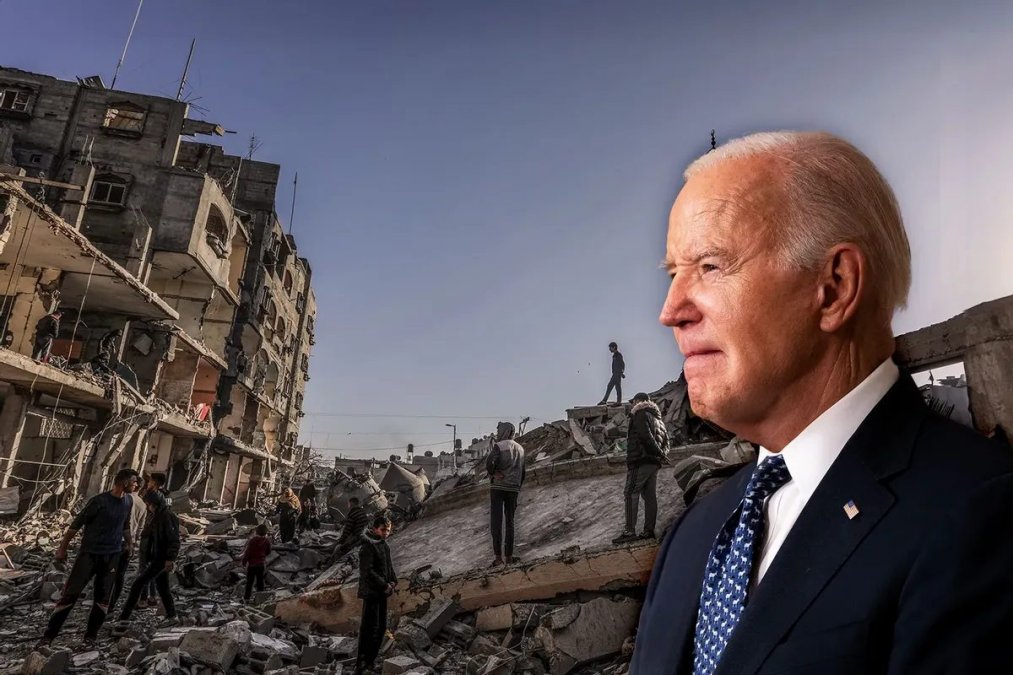New Warnings for U.S. Policy in the Middle East
Following numerous ups and downs in the Gaza ceasefire negotiations, recent remarks by William Burns, the CIA Director, and the leader of U.S. foreign policy in his joint meeting with the head of Britain’s MI6, indicated hope for finalizing an agreement. However, subsequent developments reflected contradictory news.
In the past weekend, the U.S. and Israel witnessed widespread protests against Netanyahu’s government, with demonstrators demanding an immediate ceasefire and the release of hostages. Amid the intensifying protests, it was revealed that one of the key Israeli negotiators warned the families of the hostages that there was no hope for an agreement or the release of their loved ones. Recent reports by the famous Israeli journalist Axios also narrated the disillusionment of Biden’s foreign policy team and specifically pointed to Sinwar’s efforts to disrupt the groundwork for an agreement. Biden and his team have long been frustrated with the situation Netanyahu has created.
In a previous article on this subject, we mentioned that Netanyahu and Sinwar are working to perpetuate the existing crisis to maintain their positions in Israel and Palestine.
Amid these developments, Richard Haass, a prominent diplomat and former director of U.S. foreign policy, in his recent interview, issued one of the most public warnings to Biden and his foreign policy team. He stated that there is no agreement in place and will not be, and Biden should remain hopeful in this regard. Haass believes that Netanyahu and Sinwar have shown no willingness for agreement and peace. Haass’s explicit warning was astonishing, and his remarks, as one of the most significant theorists of U.S. foreign policy, cannot be ignored.
More important than the discussion of the agreement, Haass also has a new warning. He believes that the process of the West Bank becoming like Gaza is reaching a point of no return. According to Haass, there are no longer signs of this happening; rather, it has already occurred. The West Bank, with the empowerment of Palestinian militants and the unprecedented weakening of the Palestinian Authority on one hand, and the expansion of destructive and ruinous activities by extremist Israeli settlers on the other, will become a new battlefield that must be quickly controlled.
Beyond all, Haass warned that Israel should expect an attack from Iran, and there is certainty that the Iranian regime will eventually take action to avenge the assassination of Haniyeh in Tehran, and only the type of action remains unspecified.

